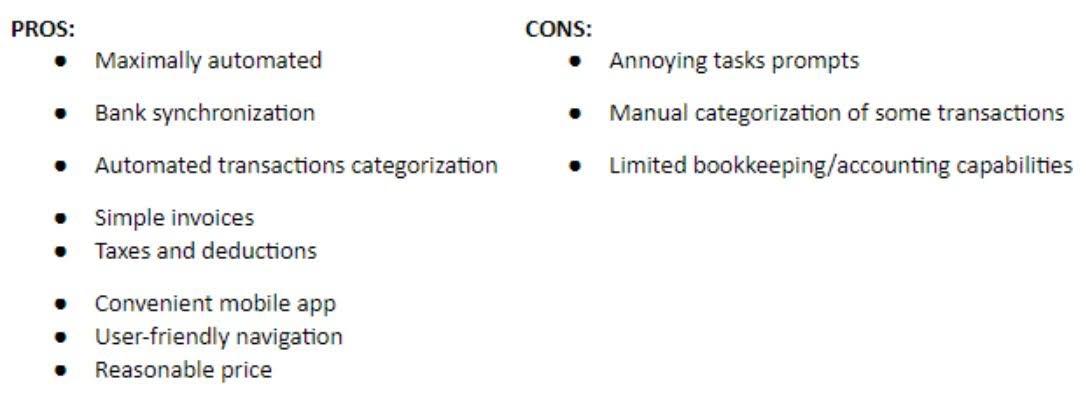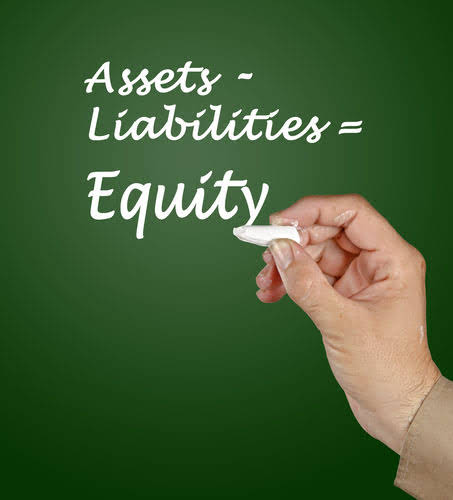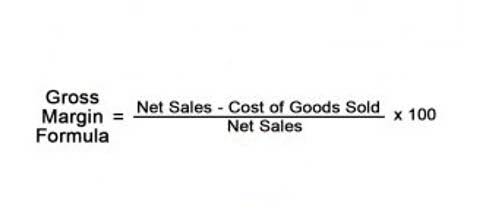
At Alegna Financial Management, Inc., we will serve as your trusted financial advisor. You can count on us to keep a close eye on your money so you can pour all of your energy into living your best life and doing what you do best, making music. This is one reason why massively successful artists are so valuable to a record company. There’s only so much the artist can make from selling a record, and particularly with the business model shifting to pennies-per-play on streaming platforms, it can be hard for an artist to make money. Concerts create a lucrative additional revenue stream that can include expensive VIP packages, merchandise sales and more.

From business student to leading philanthropist
From reviewing royalty statements to developing an efficient tax structure, you need an entertainment accounting firm that understands the industry and can create a custom plan for your long-term success. Our professionals work closely with recording artists, musicians and songwriters and publishing companies to help them achieve their financial goals while minimizing risk. The Music CPA offers full service accounting, tax preparation, tax compliance and consulting services to recording artists, musicians and bands, recording labels and other music industry businesses.
How To Become a Music Business Accountant
This is one reason why publishing is so valuable, and why people who contribute to a song’s composition like to “have a piece of the publishing” – they get paid a percentage of the royalty whenever their product creates revenue. Manfred Mann’s Earth Band is famous for their staple Blinded By The Light, which was actually written by Bruce Springsteen. Springsteen makes money every time the song is played on the radio or even in a dingy bar off the highway. Alexis Kimbrough is an accountant and handles bookkeeping and taxes, and when you get financial statements each month, you can be sure they were reviewed by her first.
Important Features to Look For in Accounting Software For Musicians:
- With each of these together, we’re able to provide accounting you can understand and use to make a profit in your artistic business.
- Templeman decided he didn’t want to work as a controller or CFO for a large corporation, so he decided to take a job at Madison House, an artist booking and management company.
- Before settling on this field, many arts and entertainment accountants work in other capacities in their arts-related industry—often similar roles to those held by their eventual artist clients.
- When working in the capacity of a Tour Accountant, job duties include creating an initial budget for the tour, verifying expenses, and ensuring collection of all income while on the road.
- Many songs you hear, from artists you might really enjoy, weren’t written by that artist.
The music industry involves a unique and sometimes dizzying framework for financial functions. Understanding who gets paid what, and when, is a more complex exercise than for a typical business. It might surprise you to know some of the financial nuances involved for that song you love to listen to. In this article we’ll explore some of these points and ultimately discuss why all this is relevant to you in your business, https://www.bookstime.com/articles/music-industry-accounting whatever business you’re in. We also assist with certification applications and post-wrap reporting, including preparing tax returns and supporting documentation to claim tax credits.

With music labels losing money on 90% of the artists they sign, Catalano said they are even less willing to take risks. Accountants working at The Music CPA in Illinois make sure performers of all sizes collect everything they have earned from all their revenue sources, from royalties to performances. They also assist clients with taxes and other accounting needs, all while helping them enforce their media play rights, music industry accounting composers’ rights, performers’ rights and publishing rights.

Our Services
Tom and the label he was involved in were committed to fairness and transparency with artists, which meant helping them understand the business. Like all of our CFOs, Todd takes the skills learned and applies them to businesses across many industries today. Expense tracking and allocation in the entertainment industry is a multifaceted endeavor that requires a keen understanding of the various cost components involved in producing and distributing content.

One of the primary tax considerations is the treatment of income, which can be highly variable and derived from multiple sources such as box office sales, streaming revenues, and licensing deals. Each of these income streams may be subject to different tax rules, necessitating a thorough understanding of applicable tax codes and regulations. The rise of streaming platforms like Netflix and Spotify has introduced subscription-based revenue models, which require recognizing revenue over the subscription period. This is a departure from traditional one-time sales and necessitates a different accounting approach.
- The dynamic nature of the entertainment industry also means that expenses can fluctuate significantly over the course of a project.
- Growth Group’s team includes outstanding music accounting specialists who collectively bring over 15 years experience in entertainment and music accounting, and entrepreneur tax and bookkeeping in the US.
- The best way to find a job as a Music Business Accountant is by building an educational background and establishing industry connections.
- Future installments in the series will dive into firms that cater to professional athletes, victims of fraud and embezzlement, hotels and restaurants, and more.
- With YouTube and TikTok being reluctant to pay royalties and less than a penny earned per stream, Catalano said many artists end up confused and disappointed.
Who is the best Accounting Software For Musicians?
When a recording artist signs a contract with a record label, there are typically a number of conditions involved and the contracts can get long and complex. For a royalty to be delivered to this “product” the actual sound recording has to be used. Even though Yoko Ono (John Lennon’s widow, who held shares to the masters) helped broker the deal, gross vs net the band’s record label (additional owners of the sound recording) sued Nike for $15 Million.

